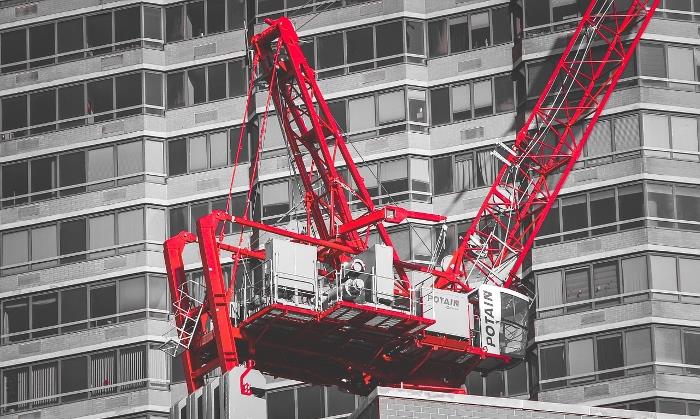Boston Sees Surge in New Construction in 2016

If you’ve traveled in or around Boston recently, you probably noticed several construction sites and that’s because the real estate market there is booming. According to Dodge Data & Analytics, a construction research company, Boston ranks seventh in the country among major metro areas for new construction of multifamily housing and commercial building projects.
These new development projects, also known as construction starts, totaled $7.058 billion in 2016, representing a 50% increase from the previous year.
Other top metro areas also experienced spikes in new construction
Boston joined other large cities in 2016 such as Los Angeles, Chicago, Washington D.C., Dallas and Miami in realizing significant year-over-year gains in construction starts, signaling a broader trend that residents are flocking to major metro destinations.
While Boston’s valuation of construction starts ranked seventh nationwide, no other city experienced a greater year-over-year boost. The closest gains came from Los Angeles (44%), Washington D.C. (35%) and Chicago (34%).
Various factors influencing this period of growth
A variety of market forces worked together to create the recent construction boom. Dwindling vacancy rates, rent hikes, extremely low interest rates and less restrictive commercial real estate loan standards all played a role.
However, as 2016 progressed, vacancies increased, interest rates ticked up and commercial real estate loans became harder to obtain. Even so, multifamily housing construction remains strong while commercial construction has hit a lull.
While new construction is widely viewed as a sign of a strong economy, the benefit of this period of slow to moderate growth is that there are currently no strong signs of overbuilding. It usually takes five years into a period of expansion for these indicators to surface.
Boston will need new housing options for the foreseeable future
A study by the city’s planning council estimates that Boston’s growing economy could draw as many as 800,000 new workers to the city by 2030. In order to meet this influx of newcomers and control rent prices, the council estimates a need for 200,000 additional housing units.



